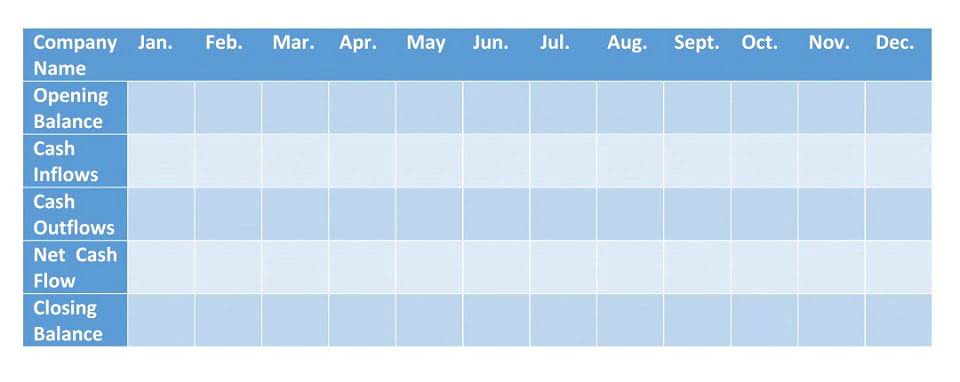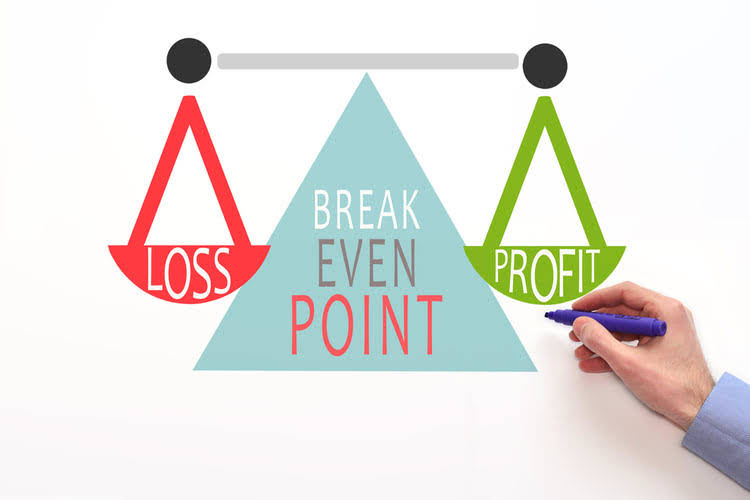E-commerce accounting: Starter guide for 2023
-
AUTHOR: admin
-
diciembre 1, 2020
E-commerce accounting: Starter guide for 2023

Whether it’s Shopify, BigCommerce, WooCommerce, or Adobe Commerce, you must keep track of income, outgoings, and any relevant taxes. With the right e-commerce accounting software, you can confidently run your online business, while also easily integrating your sales channels and platforms ecommerce bookkeeping with your accounting software. E-commerce businesses can be seasonal, meaning cash flow will fluctuate. Maybe the holidays will bring in more revenue, or maybe it’s the summertime that does best. Either way, cash flow planning will help you manage the months when cash flow is lower.
It enables you to report actual and precise figures when tax time rolls around. Accounting and bookkeeping are different concepts, but both equally as important for keeping track of your business. These tedious tasks might not be the most exciting things for small business owners to handle.
What Makes Retail Bookkeeping Unique?
A bookkeeper may also generate invoices and/or complete payroll. The complexity of the bookkeeping process depends on the size of your business and the number of transactions conducted daily, weekly, and monthly. Staying compliant with tax regulations is crucial for an ecommerce business to avoid penalties or legal issues. Non-compliance can result in audits by tax authorities and negatively impact the reputation of the business. Furthermore, comprehensive reporting and analytics features are indispensable for gaining insights into an ecommerce business’s financial performance. If you require in-depth financial analysis and long-term planning, an accountant’s expertise may be essential.
The complexities of ecommerce accounting require a strategic approach to ensure financial stability and growth. From understanding the unique challenges to leveraging technology for streamlined processes, the key to success lies in meticulous planning and execution. Integration with popular ecommerce platforms like Shopify or WooCommerce is another critical feature to look for in accounting software solutions intended for ecommerce use cases. Seamless integration ensures that sales data from these platforms directly flow into the accounting system without manual intervention or data re-entry. As these enterprises grow, they need accounting processes that can scale alongside their expansion without compromising efficiency.
Here’s everything you need to consider while accounting or bookkeeping for an eCommerce business.
As a result, they come with a higher monthly cost for business owners. A full-time bookkeeper handles the day-to-day accounting functions for your office. Keeping your books in order and up-to-date is the foundation of the financial strength of your business. Hiring a full-time bookkeeper in this situation could be the right answer for you. When you first start a small business, you will hear the terms bookkeeping and accounting used almost interchangeably. There is a difference in bookkeeping and accounting in your business firm.

Whether you do bookkeeping yourself or decide to hire a certified bookkeeper, understanding how money flows through your business is vital. The payment provider you use should keep a log of the fees incurred for each payment. If you use multiple payment providers for shoppers in different locations, it’s important to reconcile all the fees together to create a total amount.

0 comment